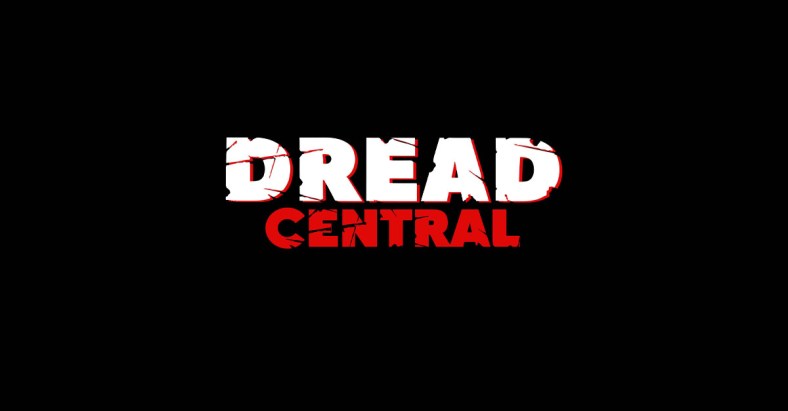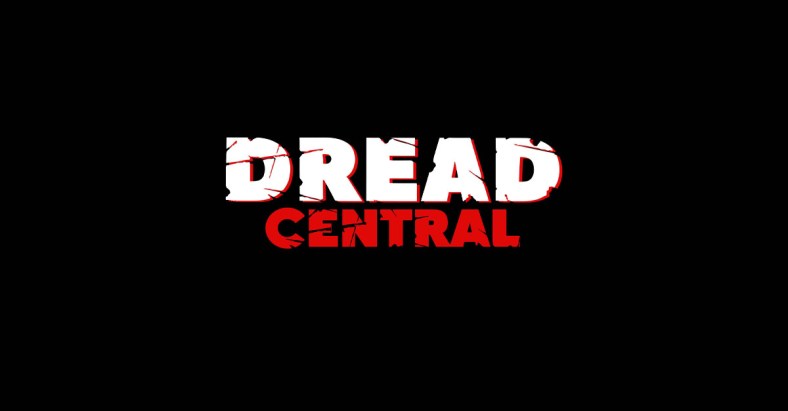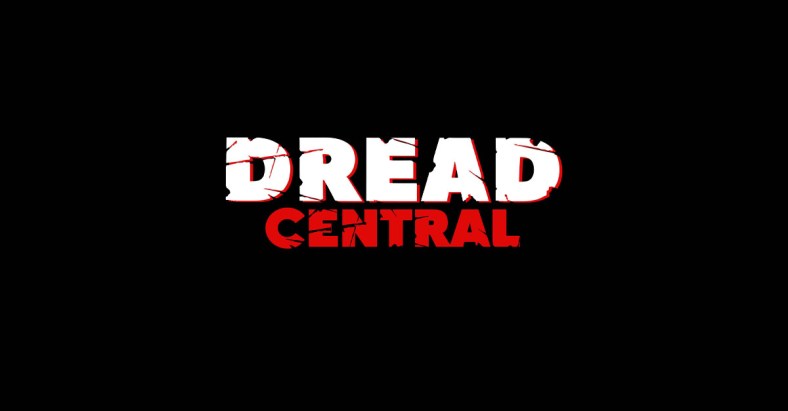Why Castle Freak Is Classic Gothic Drama for Gore Lovers

Stuart Gordon’s Castle Freak is not held in high regard as a highlight of its era, nor is it even widely recognized as a cult classic on the same level as Re-Animator. Its biggest claim to fame is a Fangoria Chainsaw Award. This isn’t even the most well-known Full Moon production as that honor is clearly divided between the Puppet Master and Subspecies franchises. But that doesn’t mean it’s not a good movie, because it genuinely is.
Full Moon was never known for providing us with actual, good feature films. That was never the niche they carved out for themselves. But sometimes they delivered something truly unique and surprising and Castle Freak was absolutely one of those times. Maybe even the last of them.
The story, though it has its twists and turns, is fairly simple. An American family inherits an Italian castle and moves there to test it out, hoping for a fresh start. They don’t know that there’s an abused, disfigured man who’s been kept in the basement all his life until his mother, the duchess to whom the castle belongs, suffers a heart attack and dies. It’s more than simplistic, it’s classical. This reeks of 1940s gothic melodrama in the best way possible.

Like all films of that type, it’s about the characters and their interactions. Instead of a bunch of strangers confined in a large castle together, as is typically the case, this is about a family who are becoming strangers to one another. Jeffrey Combs and Barbara Crampton both give incredibly strong performances, the likes of which I don’t think anyone expected after the more stylized campiness of Re-Animator and From Beyond.
I don’t think anyone expected it from Stuart Gordon, either. He’d played in gory realms before, but always kept a strong sense of humor, however dark. Castle Freak, on the other hand, is a very raw movie. He’d approached this territory with Pit and the Pendulum, but even that didn’t allow him to reach the level of bleakness that he hits here.
When we’re introduced to Combs, Crampton and their teenage daughter, we recognize all of the archetypes immediately. This is a broken marriage, the husband just wants to piece things back together, the mother isn’t ready to forgive him for the things she blames him for, and the daughter just wants her parents to be together and happy again. We’ve definitely seen it before. But it quickly becomes something very different.
Crampton’s character, Susan, definitely doesn’t have it in her to forgive her husband, John. As much as you’d expect a resolution, even from a movie like this, it becomes clearer and clearer as it goes on that that’s just not in the cards. Her character is amazingly layered and three-dimensional. She hates her husband now and she knows that she shouldn’t, but she can’t help the way she feels and there’s just something so blunt and honest about her character that makes her so refreshing to watch.

While John can be very frustrating, he’s just as believable. Even if the situation is not as extreme, we’ve all known someone like this. We’ve all known that one person who knows they screwed up and tries so aggressively to make everyone happy that they just wind up making everything worse. He just wants to do the right thing by his family, but he keeps making terrible decisions. The ending feels so natural because, by that point, there’s no way to redeem this family unit. There’s no way to fix this. The best thing John could do, the only way he can really prove to his wife how much he cares, is to die for his family.
It may seem like a huge stretch to compare Castle Freak with everyone’s favorite Oscar-bait La La Land, but I’m going to do it anyway. Everyone expects a Hollywood ending from a big, glitzy Hollywood musical. It just feels natural. So (SPOILERS) it comes as a bit of a shock when that doesn’t turn out to be the case. There are people who come into your life at the perfect time, but that doesn’t mean you’re destined to be together. That’s what La La Land turns out to really be about. And the same is honestly true of Castle Freak.
Redeeming this family was never going to be about actually getting the family back together. As much as you expect that to happen, it becomes so clear upon rewatching that that is just never going to be the case. She will never forgive him for killing their son, and that’s that. But even from a movie like Castle Freak, you expect a glamorous ending. I’d say you would even expect it more than you would expect it from an Oscar drama.

Up to this point, there was something very old fashioned about Full Moon. More than almost any type of horror film at the time, they would end on a completely black and white note of good triumphing over evil. The bad guys were defeated and vanquished, leaving the good guys to embrace and walk off into the sunset. But that’s not at all what we get with Castle Freak. Even the noble sacrifice seems kind of blunt and unflattering, which is part of the genius of the whole movie. It’s just honest. Yes, John sacrifices himself, but he didn’t fight the monster with the intention of dying.
The best thing about Castle Freak is that it combines this family melodrama and molasses thick gothic atmosphere with the unapologetic, in-your-face gore efforts of Italian maestros like Mario Bava and Lucio Fulci. It’s the perfect mixture of moody gothic drama and Italian exploitation. The two things work surprisingly well together. It’s as blunt viscerally as it is emotionally. There are things that we see in Castle Freak that no other Full Moon feature dared to show. Thumbs bitten off, nipples bitten off, cats being eaten… Castle Freak was a major player in the split between Full Moon and Paramount because of just how shocking and grotesque it was compared to anything else the company had made.
I commend Full Moon for not trimming it down, because there’s no real way to censor this movie. The gore just stems from the tone. It’s not pretty, but at the same time, it has a mood and atmosphere that’s just as captivating as an old Val Lewton film. Castle Freak feels in some ways like the missing link between the classic and modern ages of horror.
It’s downbeat, melancholy, shocking, uncomfortable, but it handles all of these things well. Above all, it harkens back to all great gothic pieces by just being about the decay of a single family unit. It has a very simple focus, but examining these characters under a microscope, magnifying their flaws—even the Freak itself—that’s what allows the film to work as well as it does.
Categorized:Retrospectives
